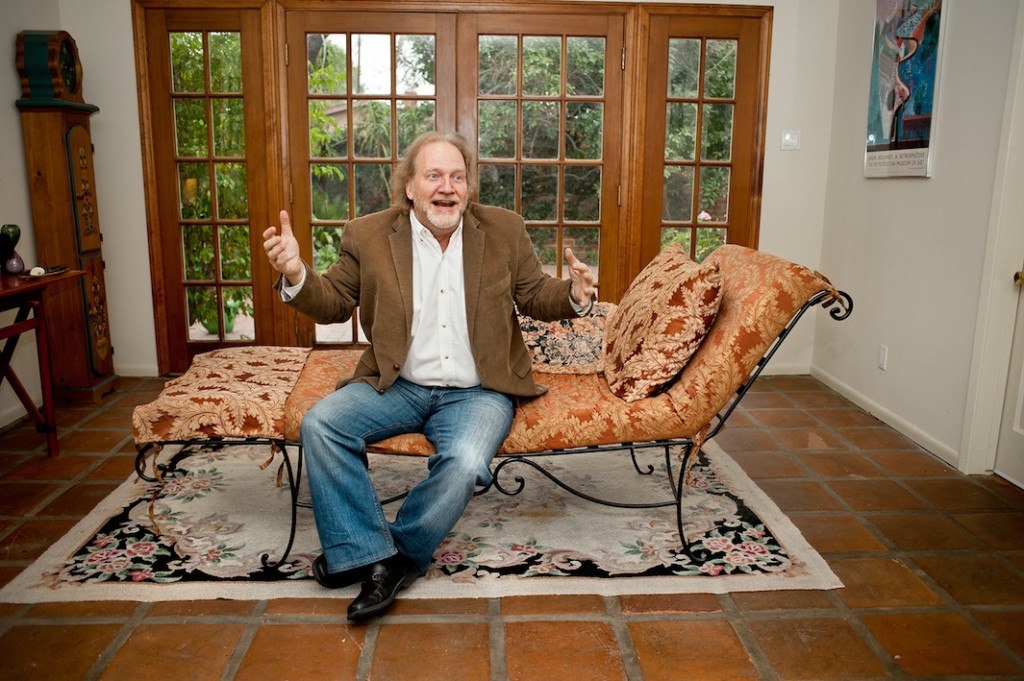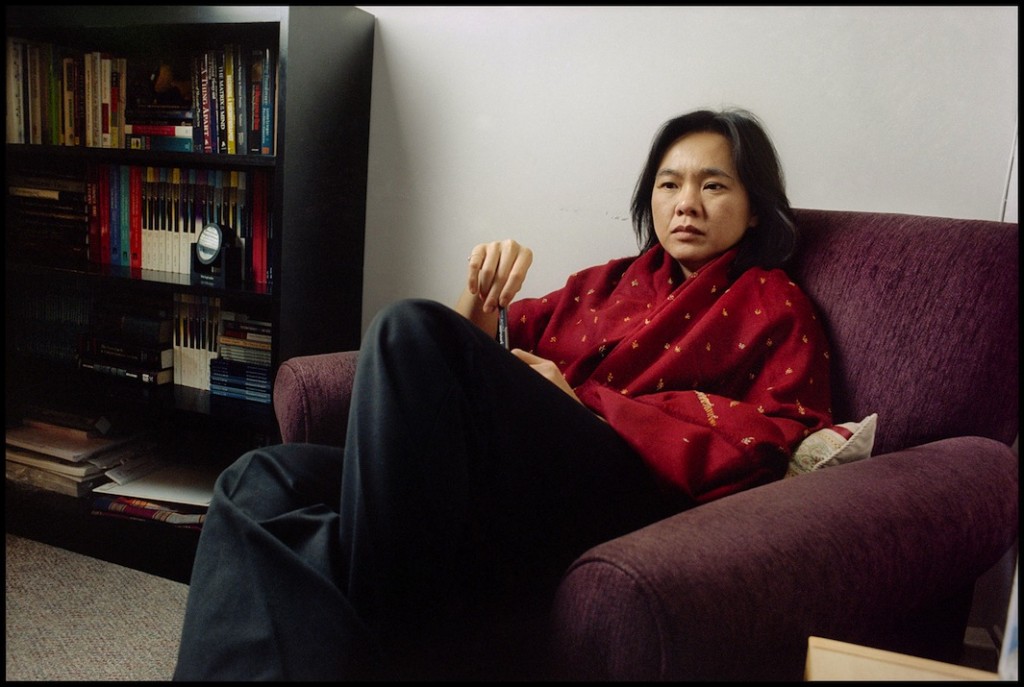Finding low cost therapy can be a great relief. Many people who are troubled by depression, anxiety, substance abuse or relationship difficulties are candidates for psychotherapy, but they may not be able to afford the high rates of many New York therapists. There is an easier way. Many of the analytic therapists at PPSC offer sliding scale rates for people who cannot afford the standard rates. That means that patients in search of low cost therapy can typically find a number of good options within our ranks.
Psychoanalytic psychotherapy, or analytic therapy, is an in-depth approach to uncovering and understanding the central issues in any person’s life. Analytic therapy is the most established approach in psychology, a mix of in-depth techniques that build understanding through a process of exploring important memories and emotions.
Our therapists understand that different needs must be met with different compromises. For the gold standard in low-cost and low-fee therapy in New York, please contact the affordable psychotherapists of PPSC today.


